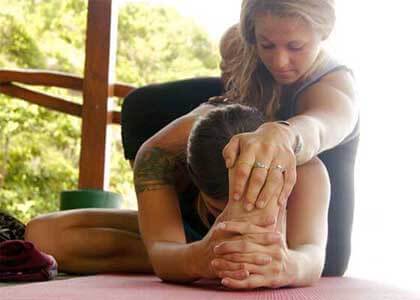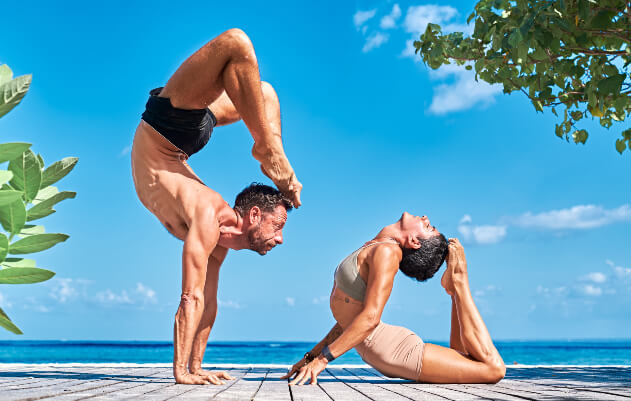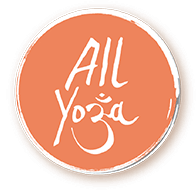Special USD 800 Discount and FREE accommodation for early sign up!
Places limited to 22 students only.
Apply now to join our 200-Hour Yoga training in Koh Phangan, Thailand.
Become a yoga teacher in ThailandTake your yoga teaching experience to the next level! Learn to teach Rocket Yoga, Yin Yoga and more…
Only few spots left!

Learn to Teach Yoga
Want to become a professional yoga teacher?
Our time tested methodology focus on the art of teaching yoga and finding your yoga voice. We are proud to create the best yoga teachers in the industry.
You will leave the All Yoga course fully ready and confident to teach great yoga classes for all levels and inspire people.
Deepen Your Yoga Practice
Transform your yoga practice with our Teacher Training program.
Through our small class size and intimate setting , we work on a individual basis and provide tailored guidance to help you deepen your practice and unlock your true potential.
Join us for a yoga course and take your yoga practice to the next level.


Upcoming Yoga Trainings
Most Popular Blogs
Tips on Yoga Teachers Trainings

Yoga Training 2024 guides
Receive your 2 FREE ebooks now!
- 20 things to know before joining a yoga training
- 7 tips to deepen your yoga practice right now
Copyright © 2024, All Yoga International ltd. All Rights Reserved
Privacy Policy
